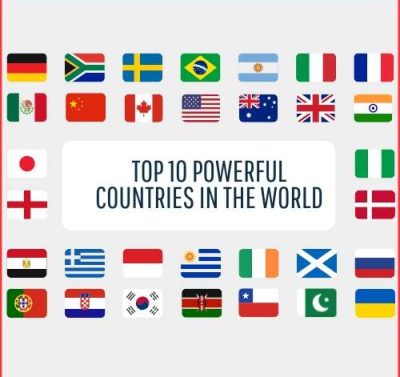The founder and CEO of the fintech company, Vijay Shekhar Sharma, announced on May 6 that, Paytm plans to use generative AI for fraud detection, customer service, and onboarding, customer care, and customer onboarding.
We have generative Artificial Intelligence enabled on the platform. Our utilization of server-side components will change thanks to this amazing technology. Think about how Google differs from Yahoo when it comes to searching the internet, for instance. Such a leap is what will be observed. The future will bring a lot of new things, according to Sharma.
“Generative AI will perform a lot of human tasks, including customer support, fraud detection, and onboarding. The firm will be able to scale to a new level of solutions, and those things will not simply become more efficient, the speaker continued.
AI is the ability of machines to carry out certain activities like language translation, data analysis (text, audio, video, code, etc.), etc., somewhat like humans but on a larger scale. In particular, generative AI refers to the creation of new information, code, synthetic data, etc., either automatically (based on a program, for example) or in response to a cue (a word or image, for example) provided by the user.
According to Moneycontrol, generative AI is a huge gamble for the nation’s IT service companies. Leading corporations, such as Tata Consultancy Services (TCS), Infosys, Wipro, HCLTech, and Tech Mahindra, have been aggressively promoting their strategies and outlooks for the significant AI opportunity.
Executives from Paytm added that the new digital platform is 100 percent domestically produced, will support 10 times as many transactions as the present platform, and is anticipated to be more cost-effective.
Even as the market expands, those who have not invested in technology will lag behind us, according to Sharma.
Revenue for the company increased by 52 percent to Rs 2,335 crore in the March quarter (Q4), while losses decreased from Rs 763 crore to Rs 168 crore.
Revenue from payments services for the company increased by 41% YoY to Rs 1,467 crore in Q4FY23. Payments income increased by 28% YoY after excluding the government’s UPI incentive from previous quarters.
The business claimed that by omitting the UPI incentive from prior quarters, the net payment margin for Q4FY23 increased by 107 percent YoY to Rs 554 crore, or 158 percent YoY, increasing the segment’s profitability by Rs 687 crore. The net payment margin for the business increased 2.9X to Rs 1,970 crore in FY23.
The gross merchandise value (GMV) of Paytm reached Rs 3.62 lakh crore in Q4 FY 2023, up 40% year over year. With a focus on developing new payment monetization, the company’s subscription revenues are continuing to increase, with 68 lakh merchants paying for device subscriptions as of March 2023, nearly tripling its growth YoY from 29 lacks as of March 2022.















